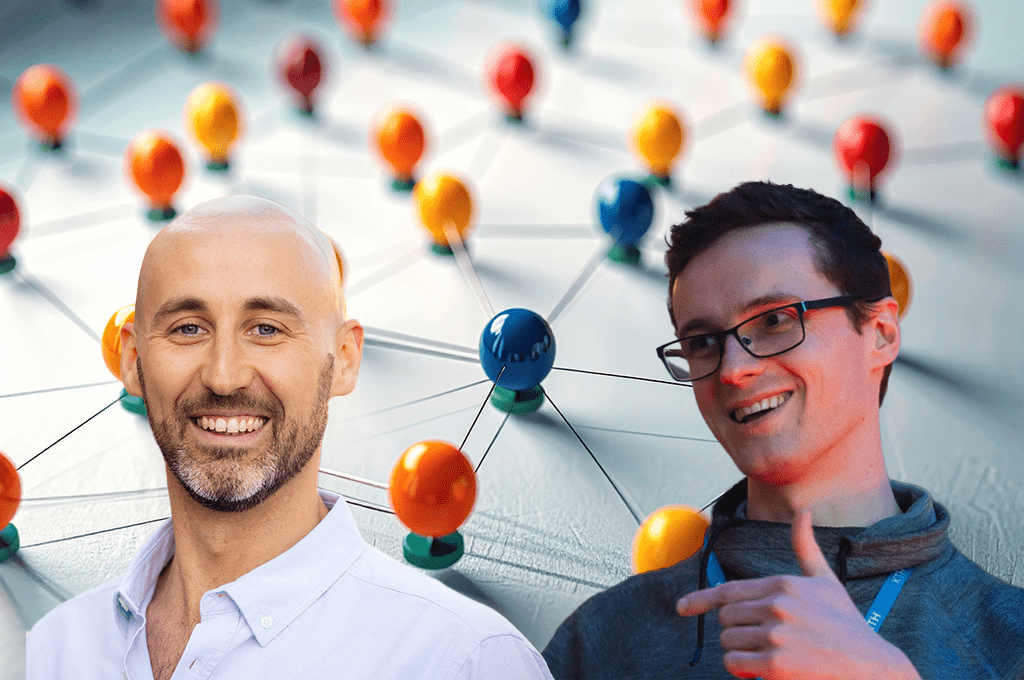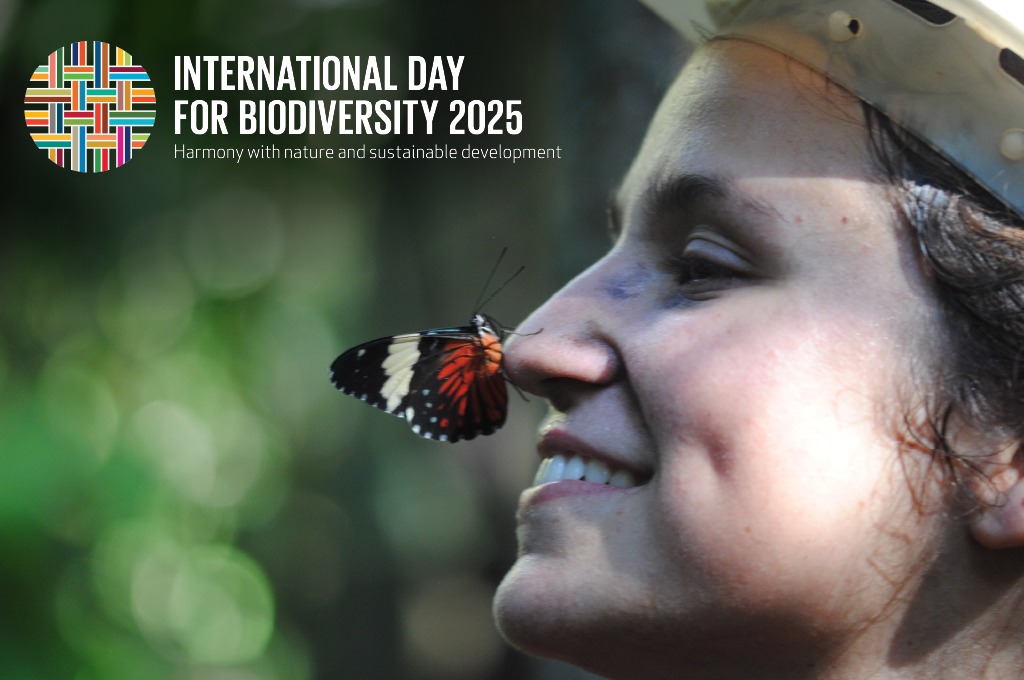Knut and Alice Wallenberg project grants to SciLifeLab-affiliated researchers
The Knut and Alice Wallenberg Foundation (KAW) recently announced 30 projects that will receive five-year grants for groundbreaking research. Remarkably, six of these projects have a SciLifeLab connection, highlighting the high caliber of research conducted by SciLifeLab-affiliated researchers and the strong partnership between SciLifeLab and KAW.
The project grants are awarded to initiatives that, according to KAW, “offer potential for future scientific breakthroughs.” This year, 30 projects received grants, totaling SEK 835 million. SciLifeLab researchers, fellows, and fellow alumni make up a significant portion of the recipients.
We reached out to SciLifeLab-affiliated Camilla Engblom (KI), Stefania Giacomello (KTH), and Sebastian Deindl (UU) to learn more about their projects and hear their thoughts on the recognition.
Spatially resolving immune and tumor clonal niches in human breast cancer
Cancer remains one of the leading causes of death, and understanding the key mechanisms that drive tumor growth and response to treatment is critical. The development of spatially resolved transcriptome techniques, in part developed by the applicants, has transformed how we study tumors as complex ecosystems, sparking intense global research. However, most studies using these methods focus only on gene expression, leaving other aspects unexplored.
“Our proposal aims to uncover fundamental aspects of cellular and molecular niches in tumors with the long-term goal of bringing forward a conceptually new set of tailored biomarkers and therapeutic targets,” says Camilla Engblom, SciLifeLab fellow and assistant professor at KI.
This project is a collaboration with Joakim Lundeberg (SciLifeLab, KTH), Jonas Frisén (KI), and Johan Hartman (KI/KS), who bring essential expertise to the team. The Engblom lab will lead the immune profiling efforts, while the Frisén lab will focus on developing high-resolution lineage tracing methods. Lundeberg’s team will work on multimodal spatial mass spectrometry and build the computational tools for 3D visualization. The Hartman group, with senior scientist Xinsong Chen, plays a crucial role as our clinical partners.
“Thanks to KAW’s support, we can develop and apply technologies that integrate cell lineage information, immune antigen receptors, and metabolites to provide a high-resolution view of tumor evolution in human breast cancer, one of the most common types of cancer,” Camilla adds.
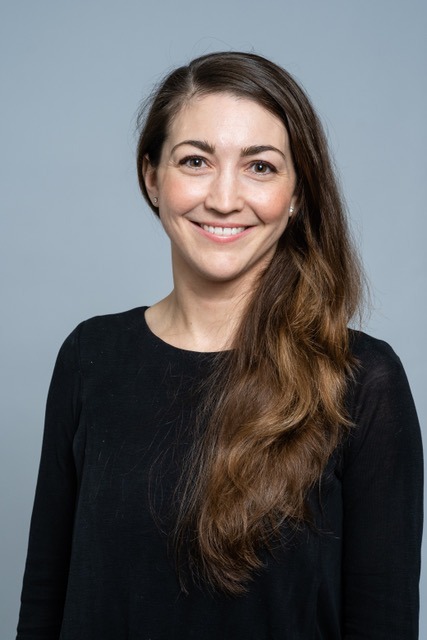
Camilla Engblom
SciLifeLab fellow
Assistant professor at Karolinska Institutet
Email: camilla.engblom@ki.se
A Spatially Functional Atlas of the Healing Intestinal Barrier: Implications for Inflammatory Bowel Diseases
The project focuses on studying the molecular and cellular circuits involved in mucosal healing, a complex process influenced by the interaction of host genetics and environmental factors. These factors play a crucial role in regulating the gut’s microbial composition, which is essential for maintaining intestinal health. To better understand how the human gut heals from inflammatory bowel disease (IBD), an incurable condition affecting millions globally, the analysis will be conducted on a unique cohort of gut samples from IBD patients in remission.
“I’m very happy we received the KAW support to study the IBD human sample cohort by applying our Spatial metaTranscriptomics technology. Disentangling the intricate interactions between microbes and the host will be a key component of the project to understand the molecular processes involved in mucosal healing. The grant will allow us to also advance our approach further,” says Stefania Giacomello, SciLifeLab researcher and associate professor at KTH.
The project will investigate intestinal stem cell signals in both healthy and diseased states in relation to the gut’s microbial composition at the spatial level, a vital element given the complex spatial architecture of the gut.
“What excites me the most about the project is that we will work very close to the clinics. The opportunity to study longitudinal samples undergoing remission is quite unique,” Giacomello concludes.
The main applicant is Eduardo Villablanca (Assoc. Prof at KI, expert in mucosal and systems immunology). Co-applicants are Stefania Giacomello (Assoc. Prof. at KTH, expert in development of spatial technologies) and Charlotte Edin (clinician at Karolinska Universitetssjukhuset with expertise in inflammatory bowel disease).
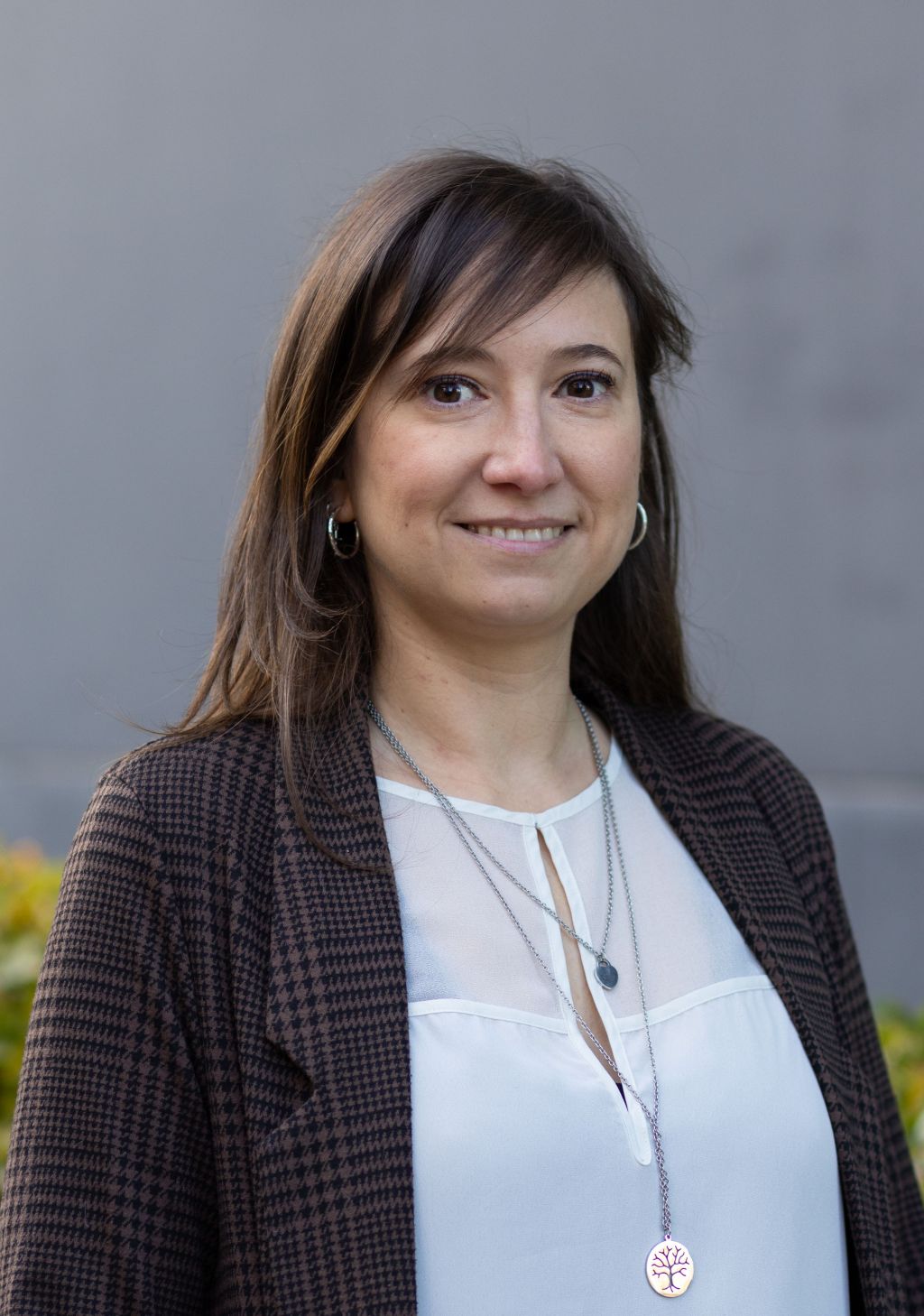
Stefania Giacomello
SciLifeLab researcher
Associate professor at KTH
Email: stefania.giacomello@scilifelab.se
Context matters: How underlying DNA sequence affects genomic processes
The flow of genetic information in cells relies on complex protein machines that interact with DNA, the blueprint of life. Though DNA is often seen as a simple string of genetic letters, it has physical and chemical properties that go beyond its role in carrying genetic instructions. These hidden features significantly influence how proteins interact with DNA, particularly within chromatin, where DNA is tightly packed into structures called nucleosomes. This has a major impact on how genes are switched on or off.
Now, two research teams (main applicant: Professor Sebastian Deindl, Uppsala University; co-applicant: Assistant Professor Juliette Griffié, SciLifeLab DDLS fellow, Stockholm University) have joined forces to create a groundbreaking platform. This new tool will enable researchers to analyze, at the single-molecule level, large numbers of samples quickly and efficiently, to study how different DNA sequences influence biological processes across the entire genome.
“I’m immensely grateful to KAW for their support. This platform will allow us to explore how DNA sequences influence gene regulation in ways we’ve never been able to before, opening new doors for exciting scientific discovery,” says Sebastian Deindl, SciLifeLab fellow alumni and professor at Uppsala University.
In the long run, this could deepen our understanding of the basic processes that control gene function and potentially open up new avenues for medical advancements.
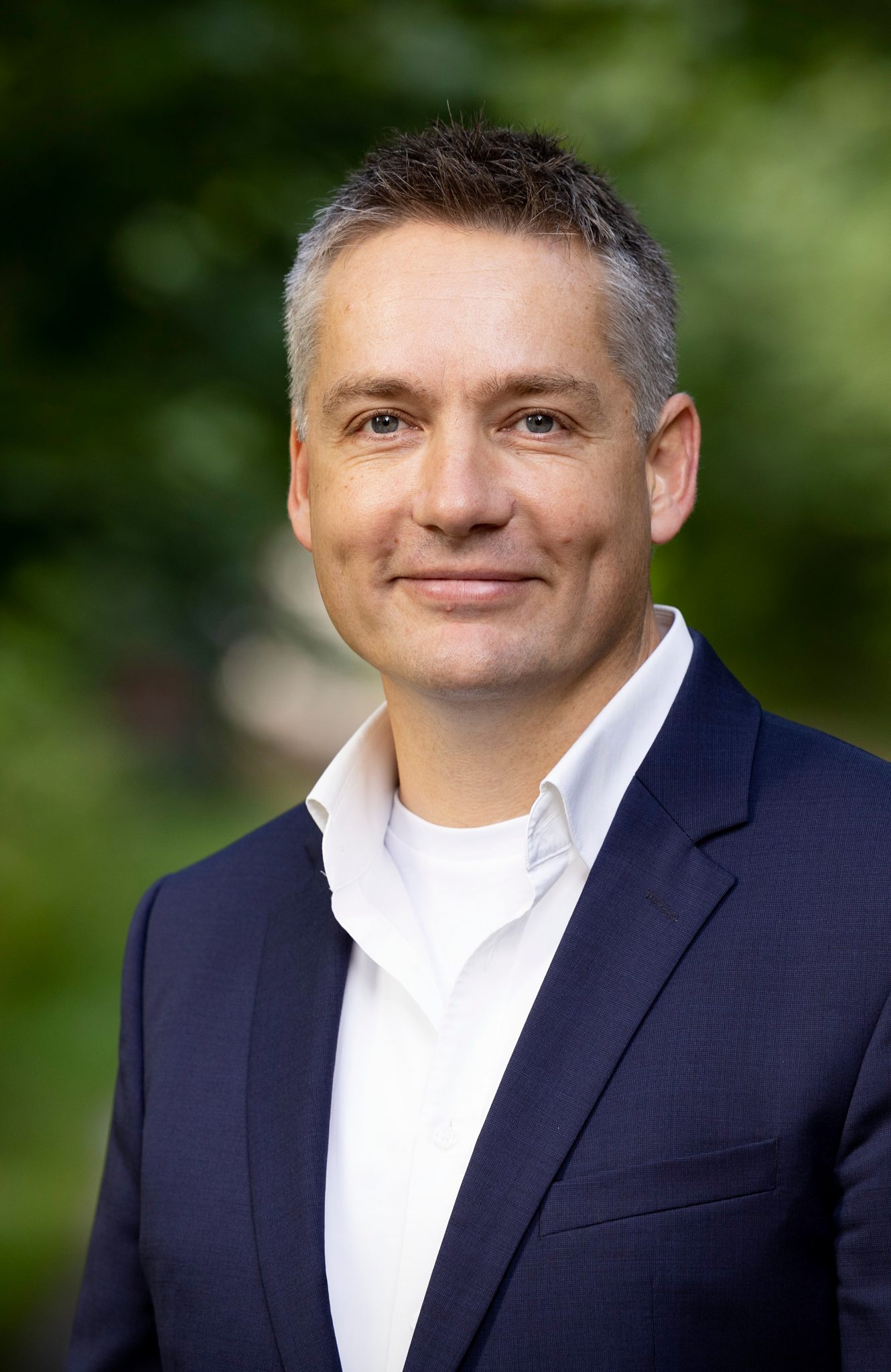
Sebastian Deindl
SciLifeLab researcher
Professor at Uppsala University
Email: sebastian.deindl@icm.uu.se
See all of the SciLifeLab-affiliated project grants below
Spatially resolving immune and tumor clonal niches in human breast cancer
Main applicant: Camilla Engblom (SciLifeLab fellow, KI)
Co-applicant: Joakim Lundeberg (SciLifeLab, KTH)
A Spatially Functional Atlas of the Healing Intestinal Barrier: Implications for Inflammatory Bowel Diseases
Co-applicant: Stefania Giacomello (SciLifeLab, KTH)
Context matters: How underlying DNA sequence affects genomic processes
Main applicant: Sebastian Deindl (SciLifeLab fellow alumni, UU)
Co-applicant: Juliette Griffié (SciLifeLab DDLS fellow, SU)
CLUPEA -unravelling molecular mechanisms behind adaptation to environmental heterogeneity and change
Main applicant: Leif Andersson (SciLifeLab, UU)
DarkTree: Charting the Dark Regions of the Insect Tree Using Computer Vision, Genomics, and Probabilistic Machine Learning
Main applicant: Fredrik Ronquist (SciLifeLab DDLS Research Area lead for data-driven evolution and biodiversity, NRM)
Harnessing evolutionary transitions, machine learning, and genomics to decode pollen evolution and unravel sexual selection mechanisms shared across kingdoms
Main applicant: Tanja Slotte (SciLifeLab fellow alumni, SU)
For the full list of project grants, visit the Knut and Alice Wallenberg website

